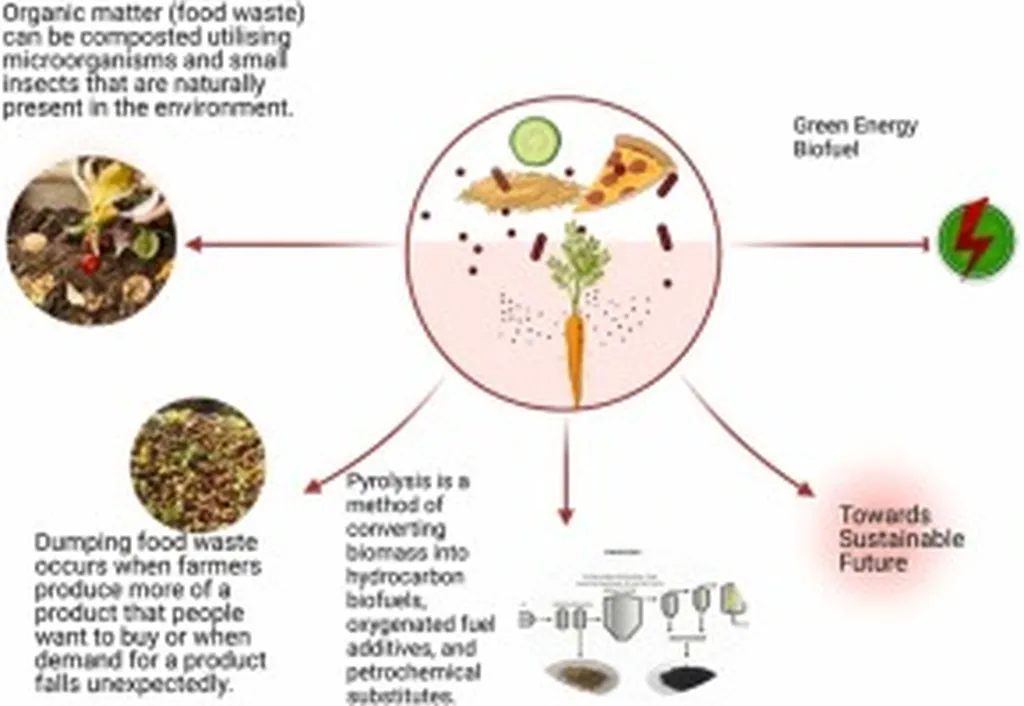In the quest for sustainable and efficient biofuel production, researchers are increasingly turning to innovative solutions that leverage agricultural waste. A recent study published in the journal *Molecules* (translated from Polish as “Molecules”) has shed light on the potential of agrifood waste ashes to enhance the fermentation efficiency and aroma profile of rye grain mashes, offering promising insights for the energy sector.
The study, led by Łukasz Ściubak from the Institute of Agricultural and Food Biotechnology—State Research Institute in Warsaw, Poland, explored the use of ashes derived from the combustion of corn cob, wood chips, and biomass with defecation lime as fertilizers for rye crops. These ashes were applied at varying rates and in different combinations to assess their impact on rye grain composition, fermentation efficiency, and the profile of volatile compounds in the resulting mashes.
The findings revealed that the starch content in the rye grains fertilized with these ashes was largely comparable to that of the control sample, indicating that the nutrient content of the grains was not significantly altered. However, the ethanol concentrations in the fermented mashes varied, ranging from 55.55 to 68.12 g/L, with fermentation yields of 67.25–76.59% of theoretical. Notably, the lowest fermentation yield was observed in the mash derived from rye cultivated on soil fertilized with a 50:50 mixture of ashes from corn cob and biomass with defecation lime at 8 t/ha. This particular mash also exhibited more than double the acetaldehyde concentration and total aldehyde content compared to the other samples.
“These findings demonstrate the potential of using waste biomass ash as a source of macro- and microelements for rye cultivation, enabling the production of agricultural distillates,” said Ściubak. “To ensure high fermentation efficiency and low aldehyde levels, ash dosage and composition need to be established based on experimental optimisation.”
The implications of this research for the energy sector are significant. By utilizing agrifood waste ashes as fertilizers, the agricultural industry can reduce waste and enhance the nutrient content of cereal crops, ultimately optimizing both yield and grain quality. This approach not only promotes sustainability but also offers a cost-effective solution for biofuel production.
As the global demand for renewable energy continues to grow, the integration of such innovative practices into the energy sector could pave the way for more efficient and environmentally friendly biofuel production. The study highlights the importance of experimental optimization in determining the optimal ash dosage and composition, ensuring that the fermentation process yields high-quality distillates with low aldehyde levels.
In the words of Ściubak, “This research opens up new avenues for the utilization of agricultural waste, contributing to a more sustainable and efficient biofuel industry.” As the energy sector continues to evolve, the insights gained from this study could play a crucial role in shaping future developments and driving the transition towards a greener energy landscape.

